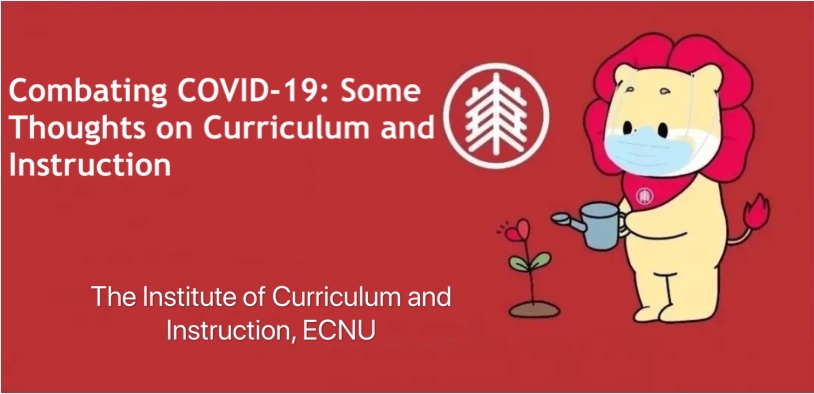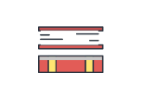Professor Yin Hongbiao: Catering for Learner Diversity: An Impossible Task?
2020-03-20


Catering for Learner Diversity: An Impossible Task?

Professor Yin Hongbiao
Visiting professor of ICI, ECNU

“Catering for Learner Diversity” is a topic of lasting value under the class teaching system, not to mention in this special period when the outbreak is surging and online classes are popular. When various kinds of technical means are used in education, it seems that there are more ways to meet the needs of individual student.



However, it always seems difficult to reach a consensus in our discussions. When someone puts forward an opinion, others will question the opinion immediately.
The opinions are all reasonable, but they do not “give way to each other”. As a result, “Catering for Learner Diversity” seems to be a mission impossible.

This challenge is particularly burdensome for teachers in Hong Kong. Over the past decade, a series of measures issued by the Hong Kong Education Bureau have gradually pushed the diversity of learners into the spotlight of education reform.

1. In 2008, the Education Bureau provided additional resources to support secondary schools to adopt the “Whole School Approach (WSA)” to implement integrated education.
2. In 2009, with the implementation of the “3-3-4” new academic structure, all middle school students have to complete their F6 studies (there are totally seven years for middle schools in Hong Kong, “F6” represents for the sixth year), so schools must do something to cater for the increased learner diversity.
3. In the past five years, issues such as cater for learning needs of gifted children and assisting ethnic minorities and newly arrived students to integrate into the local community have attracted more and more attention from the Education Bureau and the academic sector.


In order to comprehensively cover the various learning needs of students, the Bureau of Education has replaced the “individual differences”, which was originally used in the curriculum documents, with “learner diversity”. In addition, every year, the Hong Kong Education Bureau runs many workshops or short courses on how to take care of the diversity of learners for teachers. Although the government invests heavily to have a large number of teachers participate in training every year, it seems to have little effect, and many teachers often feel helpless in the face of a wide variety of individual differences among students.



In fact, teachers feel a sense of helpless when dealing with individual differences. It stems from the complexity of the topic itself and others’ expectation of catering for the diversity of learners. At the same time, catering for learner diversity is by no means a task that a single teacher can do.



In reality, teachers must face the following dilemmas:
On the one hand, no one can provide clear professional standards for teachers to catering for learner diversity, so teachers may not know the lower and upper limits of this task.
On the other hand, subject to the prevailing evaluation atmosphere, students’ academic performance has become a realistic indicator to measure the effectiveness of this task, which runs counter to the original intention of teachers.

As a teacher, I still believe that it is possible to catering for learner diversity, as long as we believe that the diversity currently observed is temporary and variable. Otherwise, there is no education to speak of.


If teaching is an art of practice, catering for the diversity of learners can be regarded as the quintessence of this art. In essence, the work of teaching tests whether every teacher can put himself in the shoes of his or her students, understand the difficulties encountered by students in their study, and then find ways to help students overcome the challenges they experience in their growth.

However, what teachers do in catering for learner diversity ultimately depends on the tolerance and acceptance of differences in the socio-cultural context. Therefore, as an “accomplice” to construct the current social and cultural situation, we are not supposed to criticize teachers.